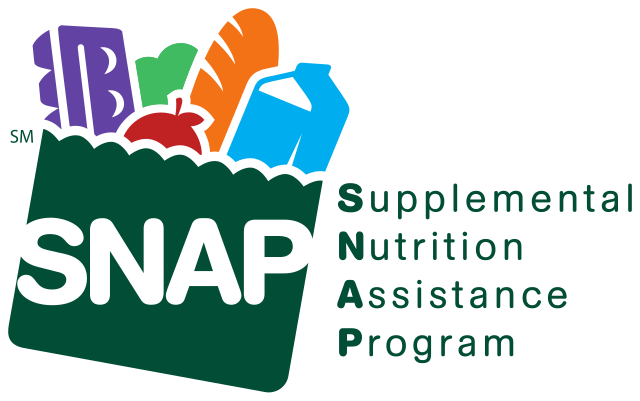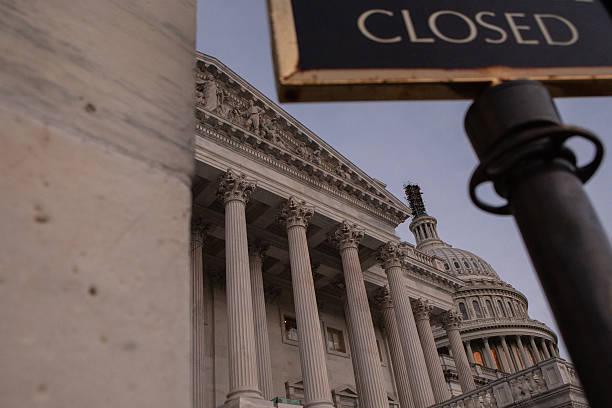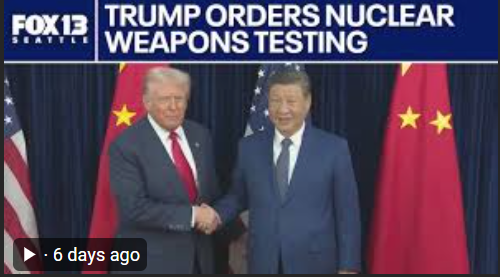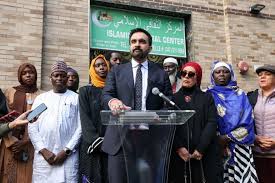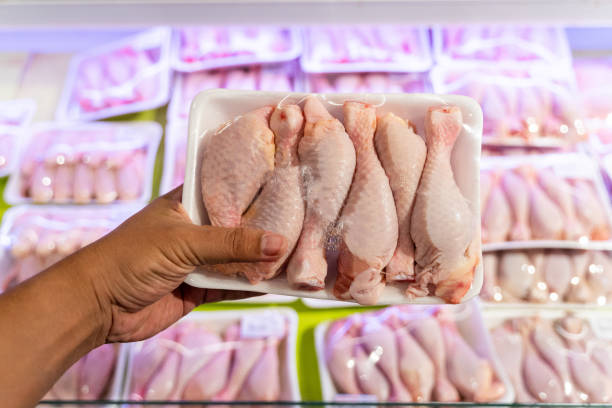SNAP is a federal program that provides millions of low-income Americans with monthly benefits to help them afford groceries. It is the largest anti-hunger program in the country. SNAP improves health and lowers healthcare costs
Due to the shutdown, the USDA has suspended key aspects of its operations. Without new funding from Congress, the agency cannot send money to states to reload EBT cards. In an October letter, the USDA instructed states to cease sending updated data to grocery vendors, potentially leaving some stores unable to process SNAP transactions if the issue persists. Several states have already warned residents that benefits may not be available on November 1st, urging them to seek help from local food pantries just in case.
While there is a $5 billion emergency fund that could temporarily keep SNAP running, experts say it would only cover about 60% of one month’s worth of benefits nationwide. Some mayors and city officials have asked the federal government to release those funds immediately, arguing that food assistance isn’t just a nutrition issue, it’s also an economic one. When families can’t spend their benefits, local grocery stores, farmers, and suppliers all lose income, hurting city economies.
Meanwhile, both Republicans and Democrats continue to blame each other for the budget crisis. But while politicians argue in Washington, ordinary Americans are the ones feeling the impact. Many are now turning to food banks and churches for help, and community organizations are struggling to keep up with the growing demand.
If the shutdown continues, the uncertainty surrounding SNAP will only deepen. For families relying on these benefits, it’s not just about politics; it’s about survival. The longer the government stays closed, the closer millions of Americans come to losing their ability to buy food, showing just how deeply political gridlock can affect everyday lives.











